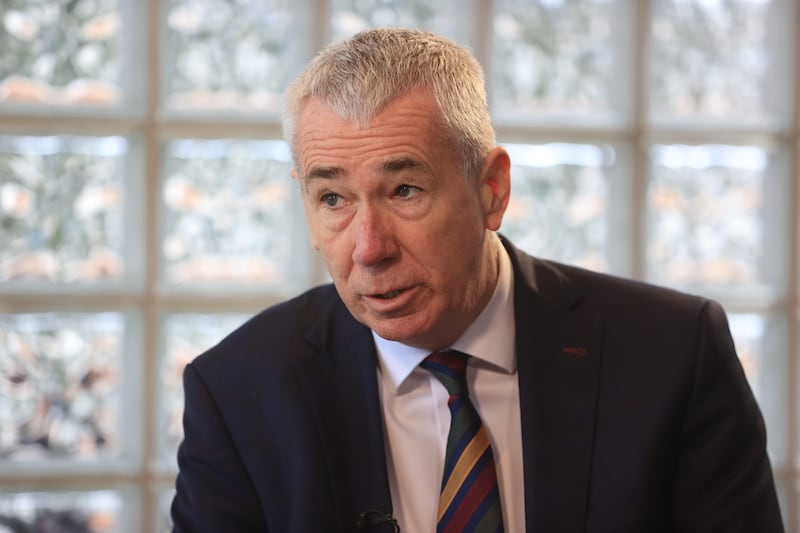Despite the fact that Northern Ireland has the highest suicide rate in the UK, it is only now that a long overdue strategy aimed at tackling this appalling toll of death has been published.
Suicide is at epidemic levels in the north. Almost every day, someone takes their own life.
Between 2000 and 2017, 4,476 deaths were registered as suicide in the north. Since the signing of the Good Friday Agreement in 1998, more people have taken their own lives than were killed during the Troubles.
These are dreadful statistics and every life ended prematurely is desperately sad and a devastating and irreplaceable loss for their family and friends.
Concerns have been repeatedly expressed about the delay in producing the 'Protect Life 2' document following the collapse of the Stormont executive in January 2017.
This time last year, Dr Adrian Mairs from the Public Health Agency appeared before the Northern Ireland Affairs Committee at Westminster and criticised the absence of a strategy, which he said could potentially make a difference.
Frontline healthcare professionals, such as SDLP councillor Paul McCusker, have also highlighted the problem of people struggling with mental health issues, pointing out that his constituency office in north Belfast is getting 20 calls on a weekly basis from those experiencing delays in getting help.
Unfortunately, difficulty in accessing appropriate and urgent support is an all too familiar refrain from patients and their families.
People in distress cannot be left to wait for assistance or specialist services and while the PSNI and ambulance service do an invaluable job in responding to emergency situations and getting people to hospital, all too often the follow up care is simply not there.
As a result of the strategy unveiled yesterday, additional funds have been directed towards suicide prevention with the aim of reducing the number of deaths by 10 per cent by 2024.
The publication of this initiative is a step forward and will be seen as a welcome move in the right direction.
We need to see a comprehensive and focused approach to tackling the appalling death rate and, importantly, the underlying mental health issues that lead to suicide and self-harm.
More than 300 preventable deaths a year can only be described as a crisis and we must hope this strategy and targeted action will help to save lives.







